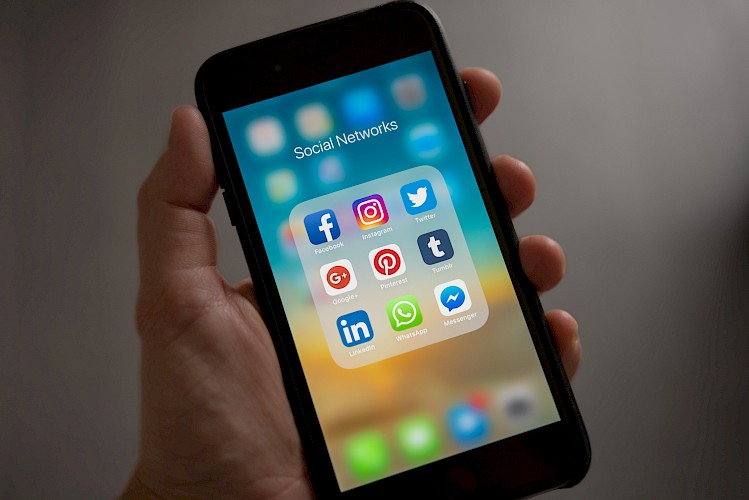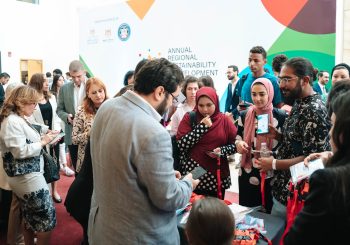In a striking parallel to the French Revolution, where the people rose up against the monarchy and aristocracy, who were seen as out of touch and oppressive, a burgeoning cyberspace movement called Blockout 2024 has taken aim at celebrities perceived as insensitive or supportive of Israel’s actions in Gaza.
This digital boycott, which has seen rapid growth since the Met Gala on 6 May, urges social media users to block famous figures on platforms such as Instagram, X, and TikTok. The objective is to diminish these celebrities’ ad revenue and influence by curbing their online following.
The catalyst for Blockout 2024 was the Met Gala, an event known for its opulence and celebrity presence.
This year’s gala, which featured stars such as Rihanna, Gigi Hadid, and Nicole Kidman in extravagant attire, drew ire for its stark contrast to the dire situation in Gaza. Social media erupted when images of the gala emerged, juxtaposed against reports of relentless bombings in Gaza that have resulted in over 35,000 deaths, mostly women and children.
The tipping point came on 7 May when a video of TikTok influencer Haley Kalil surfaced. In the video, taken by her in the Met Gala event, Kalil, who boasts nearly 10 million followers, lip-syncs the phrase “let them eat cake” outside the Met Gala. This phrase, historically linked to Marie Antoinette’s alleged disregard for the starving populace during the French Revolution, struck a chord amid Gaza’s severe food crisis.
Just days before the gala, on 3 May, Cindy McCain of the United Nations World Food Programme highlighted the famine in northern Gaza, saying, “Famine was now moving south in Gaza.”
Kalil’s video, seen as a glaring symbol of celebrity indifference, received high criticism and fueled the Blockout movement. Though she later issued an apology, stating she was unaware of the situation in Gaza and was using a trending audio clip, the damage was done. Her apology failed to mention Gaza, Palestine, or Israel, further igniting public anger.
Blockout 2024 targets a range of celebrities, including Israeli actor Gal Gadot, American celebrities Kim Kardashian, Taylor Swift, Zendaya, and Noah Schnapp as well as British singer Harry Styles.
The movement has met with mixed reactions.
While many support it as a form of protest, others criticize it as performative activism that distracts from more direct forms of aid and awareness for Gaza, such as sending donations to NGOs, participating in awareness campaigns online, and sending letters to officials.
Despite these criticisms, the movement has already made a visible impact, with celebrities like Taylor Swift losing hundreds of thousands of followers across social media platforms.
Artists, like Zendaya for instance, have been particularly scrutinized. Known for her roles embodying strength and resistance, her silence on Gaza contrasts sharply with her advocacy on other social justice issues, such as racial inequality and educational access. Similarly, Bollywood actress Alia Bhatt, another Met Gala attendee, has faced backlash for not addressing the crisis in Gaza, despite her previous activism on mental health and societal issues.
The modern-day revolution, which is a shift in how social media users wield their power, demands accountability and awareness from public figures. The movement leading to blocking celebrities, as opposed to simply unfollowing, has a more substantial impact on celebrities, experts suggest, as it can directly affect their earnings from social media ads.







Comments (0)